In a world brimming with opinions and critiques, it’s all too easy to slip into the armour of defensiveness. But what if I told you that the shield we hastily grab not only blocks out the potential slings and arrows but also valuable insights and opportunities for growth? If you have ever wondered “How can I stop being defensive?”, you’ve come to the right place.
It’s time to lower your guards and foster a space where dialogue trumps dispute, understanding eclipses ego, and connection conquers conflict.
This article isn’t your run-of-the-mill advice column on communication. Today, we delve into eight ground-breaking strategies to help you transform defensiveness into openness, with the promise of not only enhancing your personal relationships but also enriching your inner life. This will help you work on your aggressive defensive personality.
So, buckle up and prepare to embark on a journey towards a more receptive and less defensive you.
Related: How To Stop Getting Defensive When Triggered: 5 Tips
What Are The Causes Behind A Defensive Personality?
Being defensive means feeling the need to protect yourself or your ideas when you feel attacked or criticized. If you’re wondering, “Why am I so defensive in my relationship?”, there can be many reasons behind it.
Here are some common ones:
- Past experiences: If you’ve had bad experiences in the past where you were hurt or criticized, you might be defensive to avoid getting hurt again.
- Low self-esteem: When you don’t feel good about yourself, you may become defensive because you’re afraid others will think poorly of you.
- Fear of judgment: Some people get defensive because they’re scared of being judged or criticized by others. They want to protect their self-image and avoid any negative comments.
- Lack of trust: “Why am I so defensive in my relationship”? If you’ve been let down or betrayed before, it can be hard to trust others. Being defensive can be a way to protect yourself from potential harm.
- Communication style: If people around you are aggressive or confrontational in their communication, it can make you defensive as a way to defend yourself.
- Feeling threatened: When you feel like someone is attacking you or your beliefs, you might become defensive to protect your ideas or actions.
- Emotional sensitivity: Some people are more sensitive to emotions, and even harmless comments can feel like criticism to them. This can trigger defensiveness.
Defensive Behaviour Examples
Here are a few relatable defensive behaviour examples that many might have experienced or witnessed in everyday life:
a) Parent-child interaction
Suppose a teenager has an aggressive defensive personality. They are questioned by a parent about why they came home late. Instead of explaining the situation, the teenager retorts with “Why do you always assume I’m up to no good?” and storms off to their room.
b) At the grocery store
A shopper accidentally bumps into another person’s cart. When the other shopper looks annoyed, the first shopper defensively says, “Well, it’s really crowded in here, you shouldn’t leave your cart in the middle of the aisle,” even though it was their own lack of attention that caused the incident.
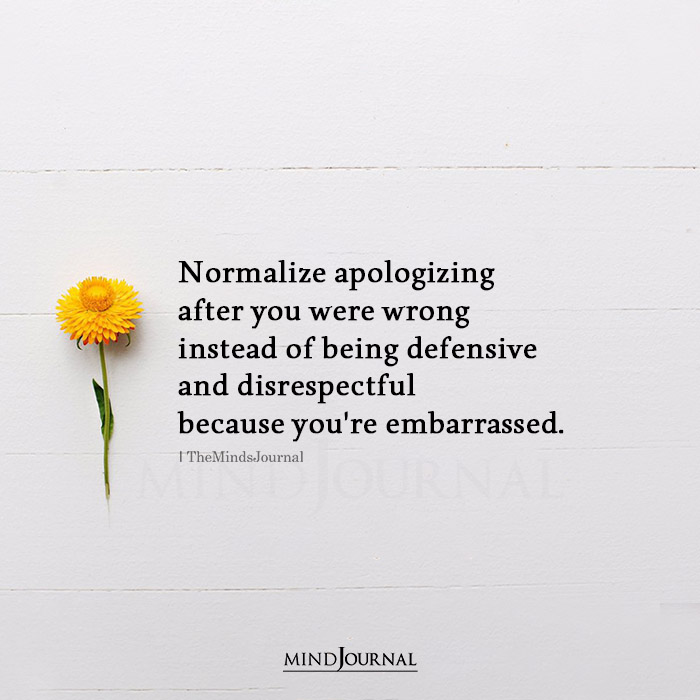
c) Driving scenario
This is one of the most relatable defensive behaviour examples.
A driver gets honked at for not noticing the light has turned green. They yell back at the other car, “Relax, I’m going!” and then choose to drive very very slowly to get on the other driver’s nerves.
d) In a friendship
A friend forgets to invite another to a group event. When confronted, instead of apologizing, the friend says, “You wouldn’t have come anyway, you’re always so busy,” turning the blame back on the one who was left out.
e) In a professional meeting
During a meeting, a colleague points out an error in another’s report. The colleague who made the mistake immediately responds, “Well, if I wasn’t having to do the work of three people, I wouldn’t make these mistakes!” deflecting responsibility by citing workload as an excuse.
Now that we have discussed all about defensive behaviour examples, let’s talk about how to overcome defensiveness and answer your dilemma of “how can I stop being defensive?”.
Related: 4 Unhealthy Defense Mechanisms That We Need To Overcome
How Can I Stop Being Defensive? 8 Proactive Strategies
1. Play the curious cat and dive into detail.
If you constantly torment yourself thinking, “how can I stop being defensive?”, then this is the very first thing you should keep in mind.
Curiosity is the antidote to defensiveness. When someone levels criticism at you, fight the instinct to raise your shields and instead, lean in with curiosity. This doesn’t mean you accept every critique at face value, but you consider the possibility of truth in the other person’s perspective.
Ask probing questions to understand the root of their feedback. “What specifically can I improve?” or “How would you approach this differently?” This openness can turn confrontations into chances for personal growth while also disarming the critic, resulting in a more nuanced and helpful discourse.
2. Practice the Mirror Technique: Reflect before your respond and react.
“How can I stop being defensive?”
The Mirror Technique is an exercise in patience and clarity. By repeating back what the other person has said, you do two things: you ensure you have accurately understood the message, and you give the other person a chance to hear their own words reflected back at them.
Often, this can lead to them softening their approach or clarifying their meaning, which can reduce the likelihood of misunderstandings. It also buys you time to process your emotions and respond thoughtfully rather than reacting out of defensiveness.
3. Embrace the pause by cultivating calm into your mind.
How to stop being defensive at work, you wonder?
In the heat of the moment, our emotions can lead us to respond defensively. By embracing the pause, we cultivate a moment of calm, allowing our rational minds to catch up with our emotional reactions.
This pause can be as simple as taking a deep breath, or it might involve asking for time to think about the feedback you’ve received. Use this time to reflect on “Why does this bother me?” Understanding your weaknesses can frequently reduce the impact of the apparent attack.
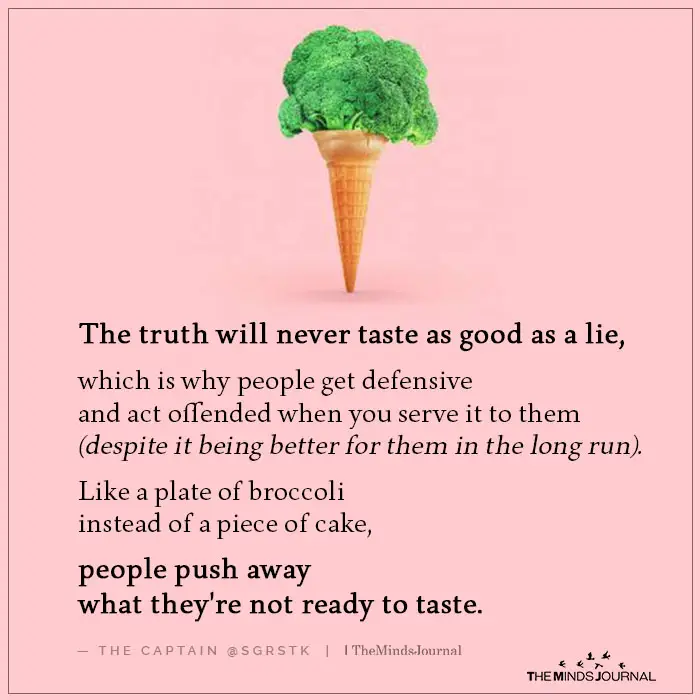
4. The “It’s not about me” mantra, AKA, personal detachment.
Still thinking “How can I stop being defensive?”
Adopting the “It’s not about me” mantra requires you to consider that feedback is often coloured by the giver’s own experiences, biases, and current emotional state. When you detach personally, you’re able to see feedback as data rather than a direct attack on your identity.
This perspective can significantly reduce the impulse to become defensive, allowing you to assess comments more objectively. This way, you can use feedback as a chance to learn and grow, instead of getting defensive. It’s all about seeing it as a helpful tool for improvement.
5. Construct your feedback filter and keep in mind that you don’t need to absorb everything coming your way.
If you have an aggressive defensive personality, always remember that not all feedback is created equal. Some might be constructive, whilst some, destructive. Constructing a feedback filter means you learn to quickly differentiate between the two.
When faced with criticism, ask yourself, “Does this help me to grow or is it meant to hurt?” By allowing only constructive feedback to influence you, you maintain your focus on personal development and keep negativity at bay. Remember, not all feedback is worth your attention.
Related: 12 Truths About Defensive Behaviour
6. Be an emotional alchemist.
“Why am I so defensive in my relationship?” Has this thought ever crossed your mind?
Being an emotional alchemist means you learn to convert your emotional responses into learning opportunities. For example, if a comment makes you feel angry, use that energy to drive your pursuit of excellence.
Let it motivate you to prove through action, not argument, that you are capable and competent. This strategy is about channelling the energy from your emotional responses into positive action and self-improvement.
7. Practice the art of gratitude and appreciation.
“Why am I so defensive in my relationship?”
If you are thinking about how to overcome defensiveness, practicing gratitude is one of the most powerful things you can do.
Expressing gratitude when receiving feedback does something remarkable—it changes the dynamic of the interaction. By thanking someone for their input, you signal that you value their effort to help you improve.
This doesn’t mean you have to agree with what they say, but it acknowledges their right to say it. Gratitude can diffuse tension and often encourages the other person to be more open and less combative in return.
8. The common ground quest – find unity.
“How can I stop being defensive?”. Find unity!
Finding common ground is about recognizing shared goals or values. Even when feedback is harsh, there’s usually a shared desire for a positive outcome. Start by acknowledging what you agree on.
“I see we both want this project to succeed,” as well as “We both value honesty in our relationship.” This common ground can serve as a springboard for more productive and less defensive interactions.
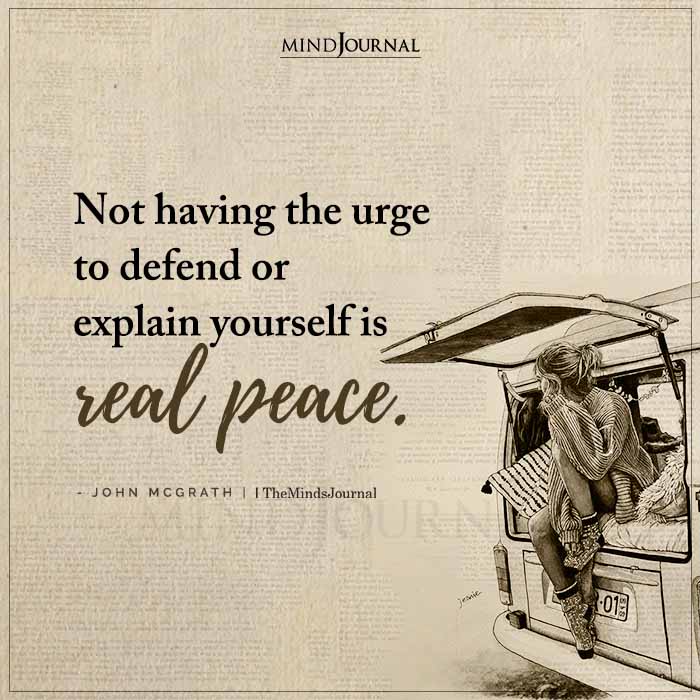
Wrapping It Up
When it comes to how to overcome defensiveness, each of these strategies offer a different lens through which to view feedback and criticism. By incorporating these strategies into your daily life, you can gradually shift from a defensive stance to one of openness and growth.
It’s not about never feeling defensive—that’s a natural human reaction. It’s about choosing how you respond when those feelings arise.
Remember, the goal is not to become impervious to criticism but to engage with it in a way that serves you. This process is not about ignoring your emotions but about managing them intelligently. It’s about becoming a more effective communicator, a more receptive partner in dialogue, and ultimately, a more resilient person.
Related: 5 Tips For Handling Someone Who Is Being Defensive
So, do you consider yourself an aggressive defensive personality? Do you have any more tips to add when it comes to how to overcome defensiveness? Let us know your thoughts in the comments down below!
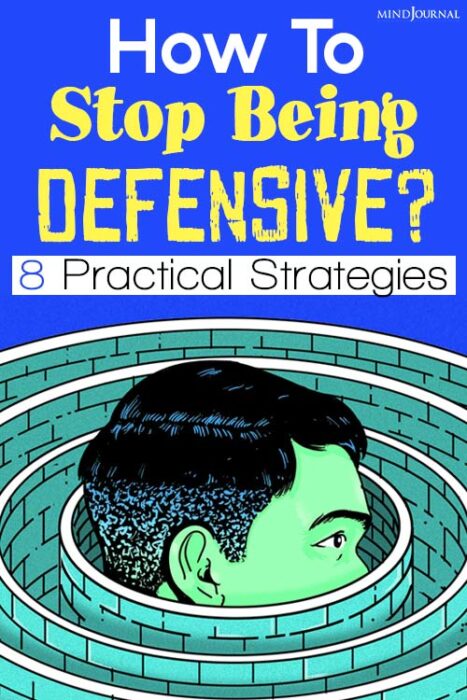
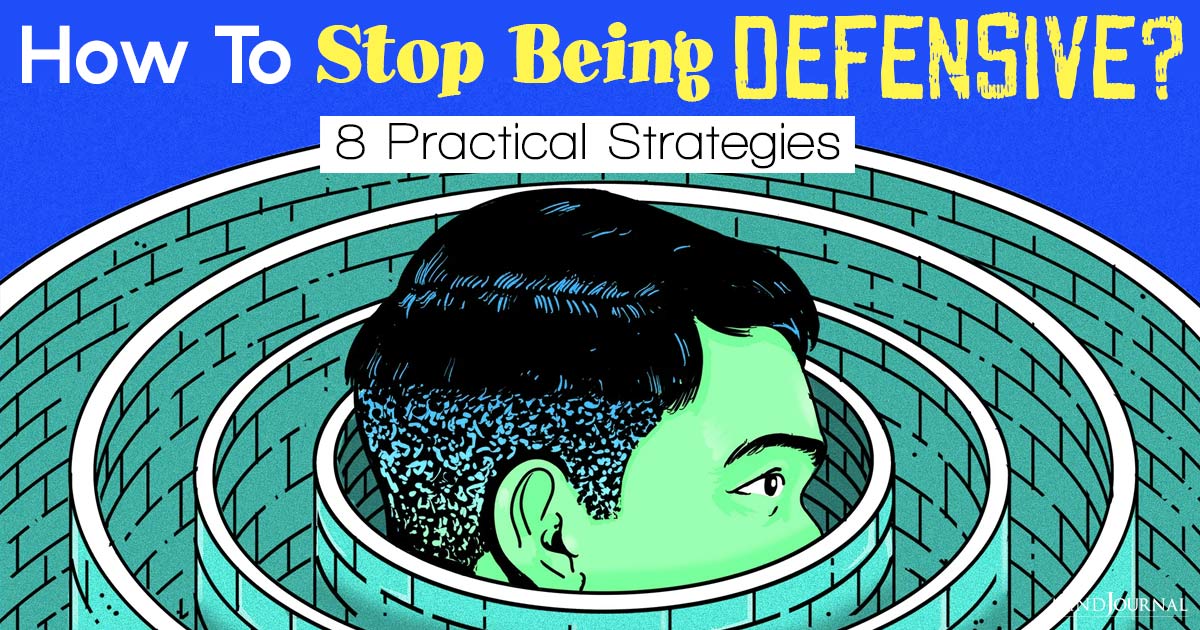






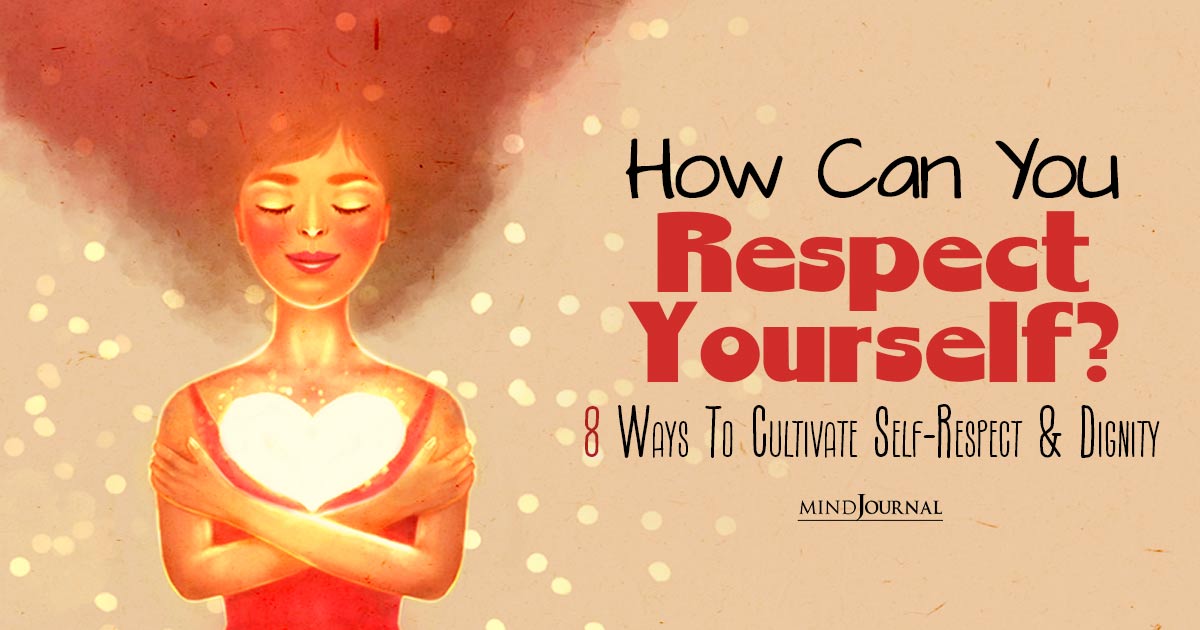
Leave a Reply
You must be logged in to post a comment.